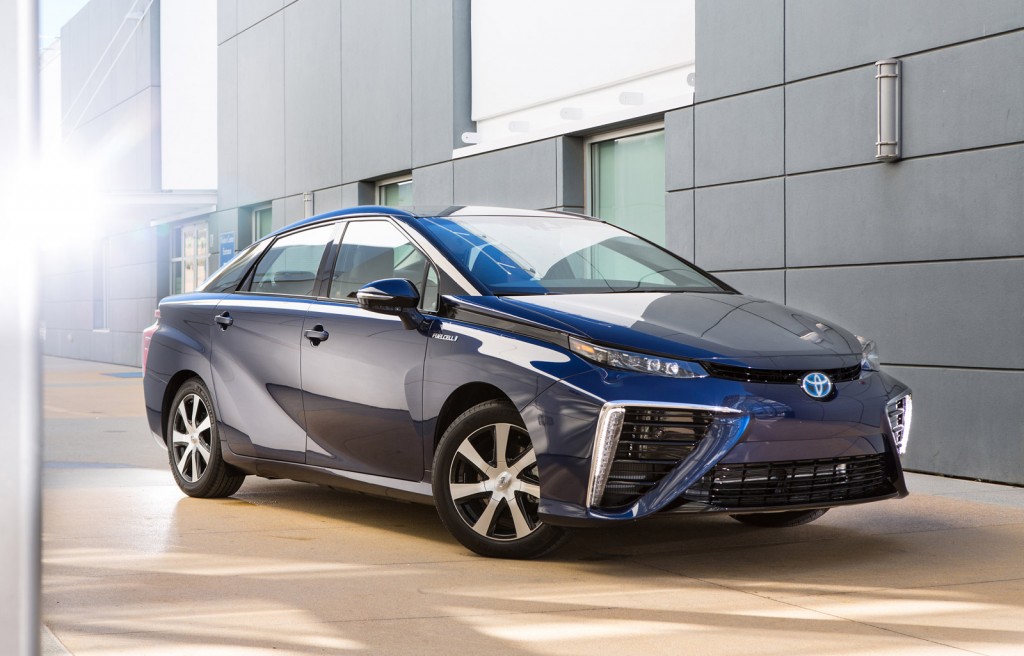Diesel cars are starting to lose popularity.
The Volkswagen diesel scandal has turned off many potential U.S. customers, while stricter global emissions standards will make it more challenging for carmakers to certify diesels for sale in the coming years.
Many carmakers remain committed to diesel, though, especially in Europe where diesels still make up the majority of cars on the road.
DON'T MISS: Toyota at 9 million hybrids, now makes more than 1 million a year
However, Toyota's interest in diesel may be waning.
Toyota is considering phasing out diesels entirely, Karl Schlicht—executive vice president of Toyota Europe—said in a recent interview with British magazine Autocar.
Stricter emissions standards are one reason for this potential change, Schlicht said, but Toyota also doesn't find them to be particularly important to its bottom line.

2016 Toyota Prius Two Eco
He added that "anyone looking at investing in a new diesel" would have to "look long and hard at whether they would get payback" over an engine's anticipated 10 to 15-year lifespan.
Diesel has never been a big focus for Toyota, which instead emphasizes hybrids in order to achieve greater fuel efficiency.
ALSO SEE: Paris weekday ban on pre-1997 cars takes effect, historic cars excepted
The company doesn't currently sell diesel models in the U.S., but it does sell diesel cars in markets like Europe where there is significant demand for them.
Many European countries promoted diesel for decades because of its high fuel economy, which was prized because of high fuel prices in the region.
But now those countries are paying the price in poor air quality, and several national and regional governments are looking to limit internal-combustion cars.

2016 Toyota Mirai
Last October, Toyota announced that it would reduce emissions from its cars 90 percent from 2010 levels by 2050.
MORE: By 2050, Toyota Says It Won't Sell Many Combustion-Engine Cars (Oct 2015)
That will likely be accomplished with a combination of hybrids and hydrogen fuel-cell cars.
Toyota has promoted fuel-cell cars over battery-electrics, which it feels are too limited by relatively short ranges and long charging times.
_______________________________________________












